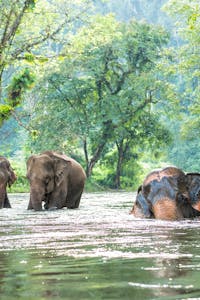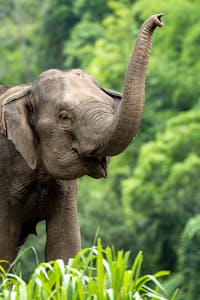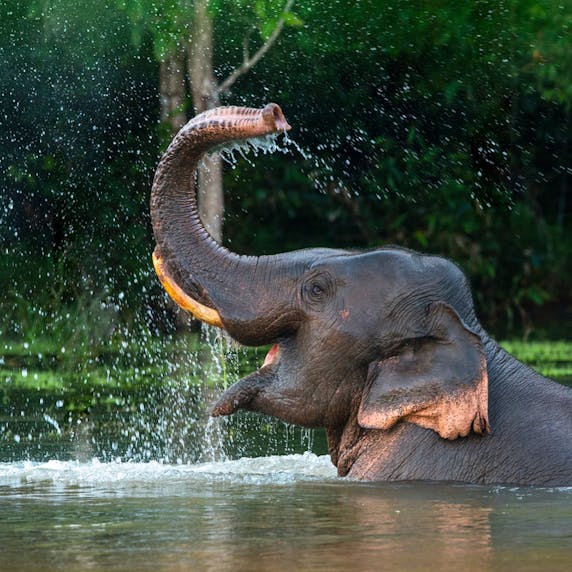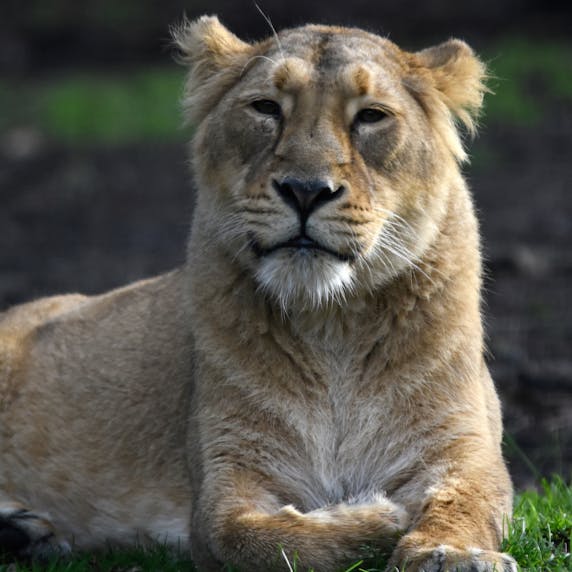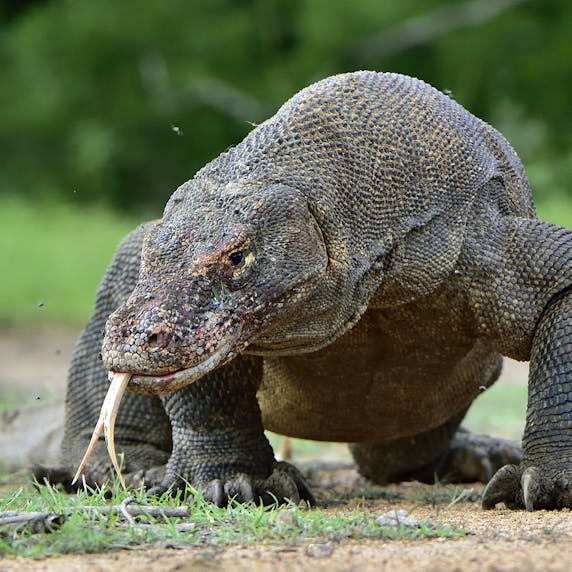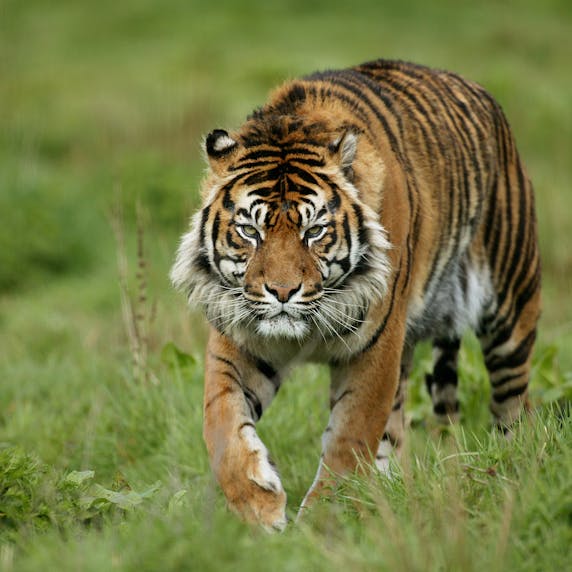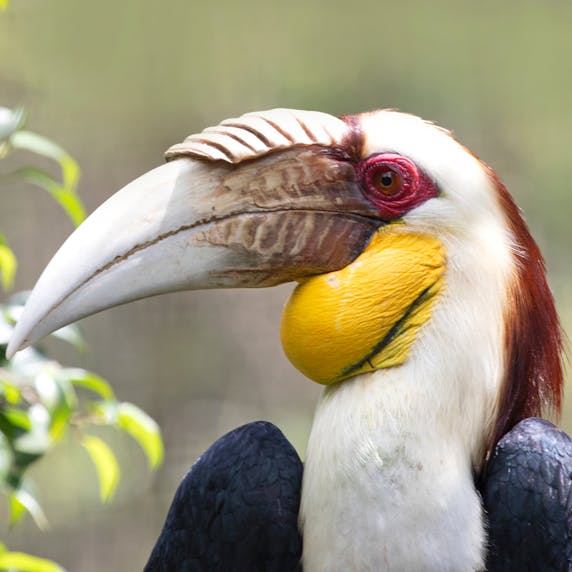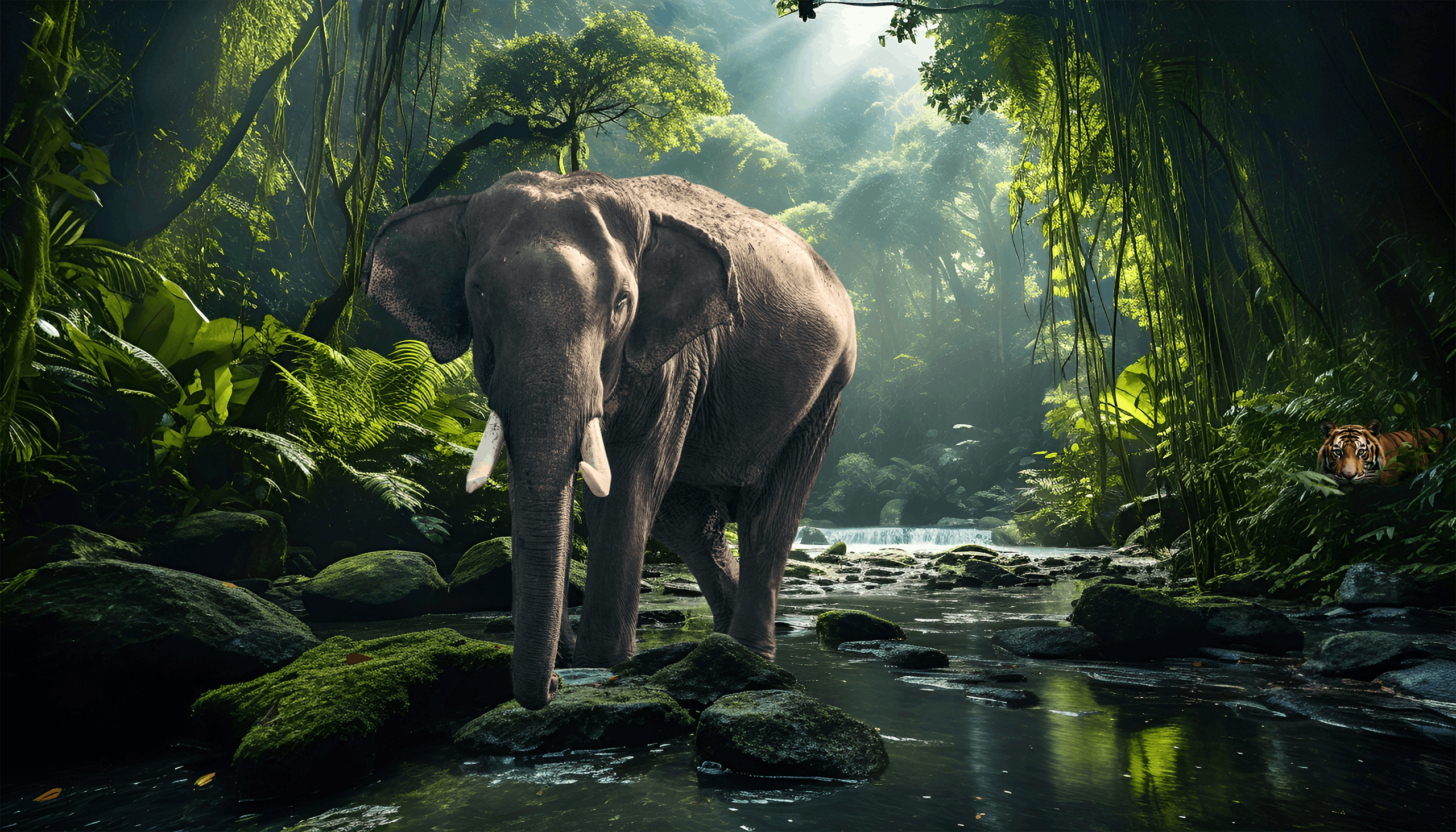
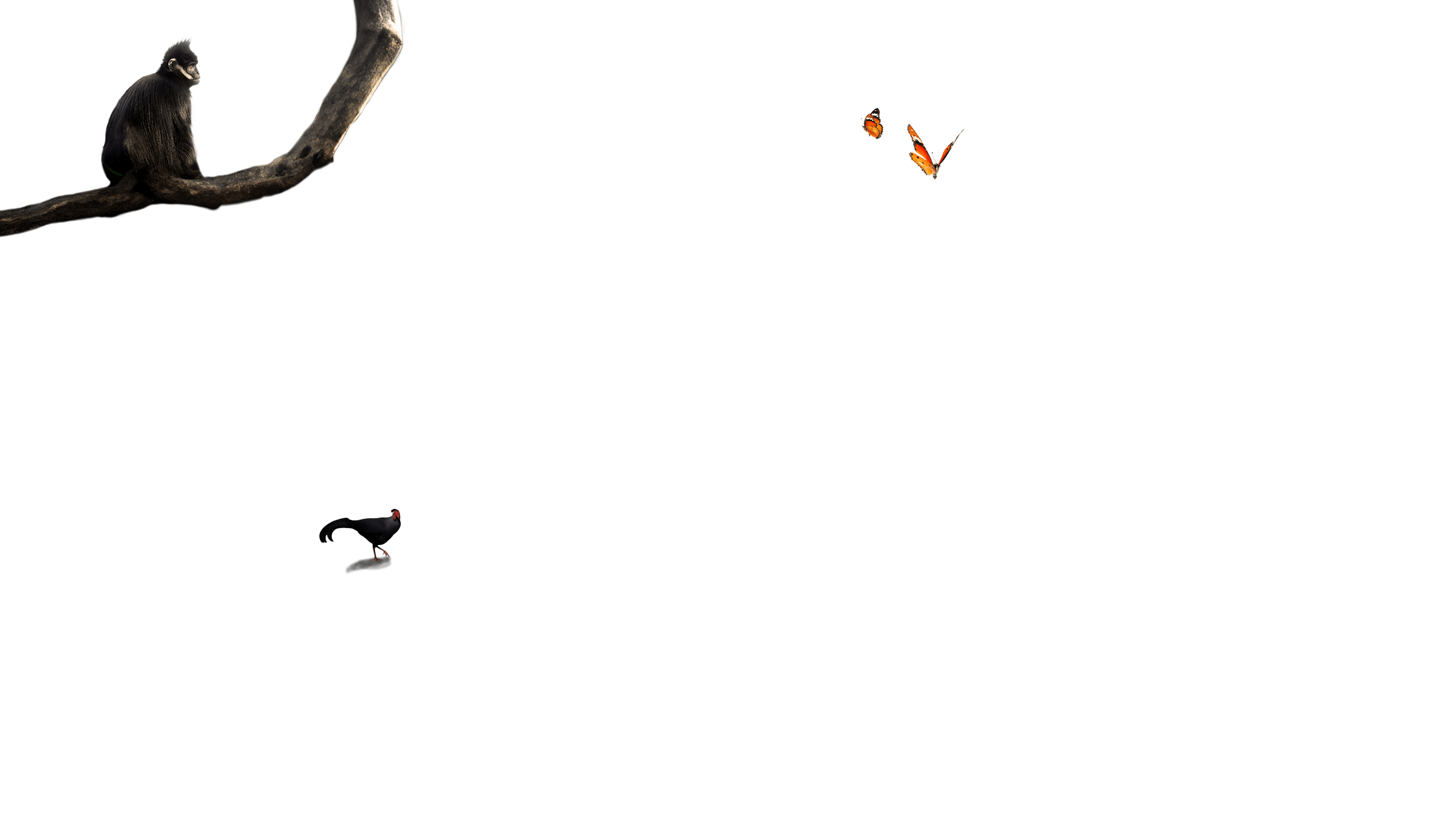
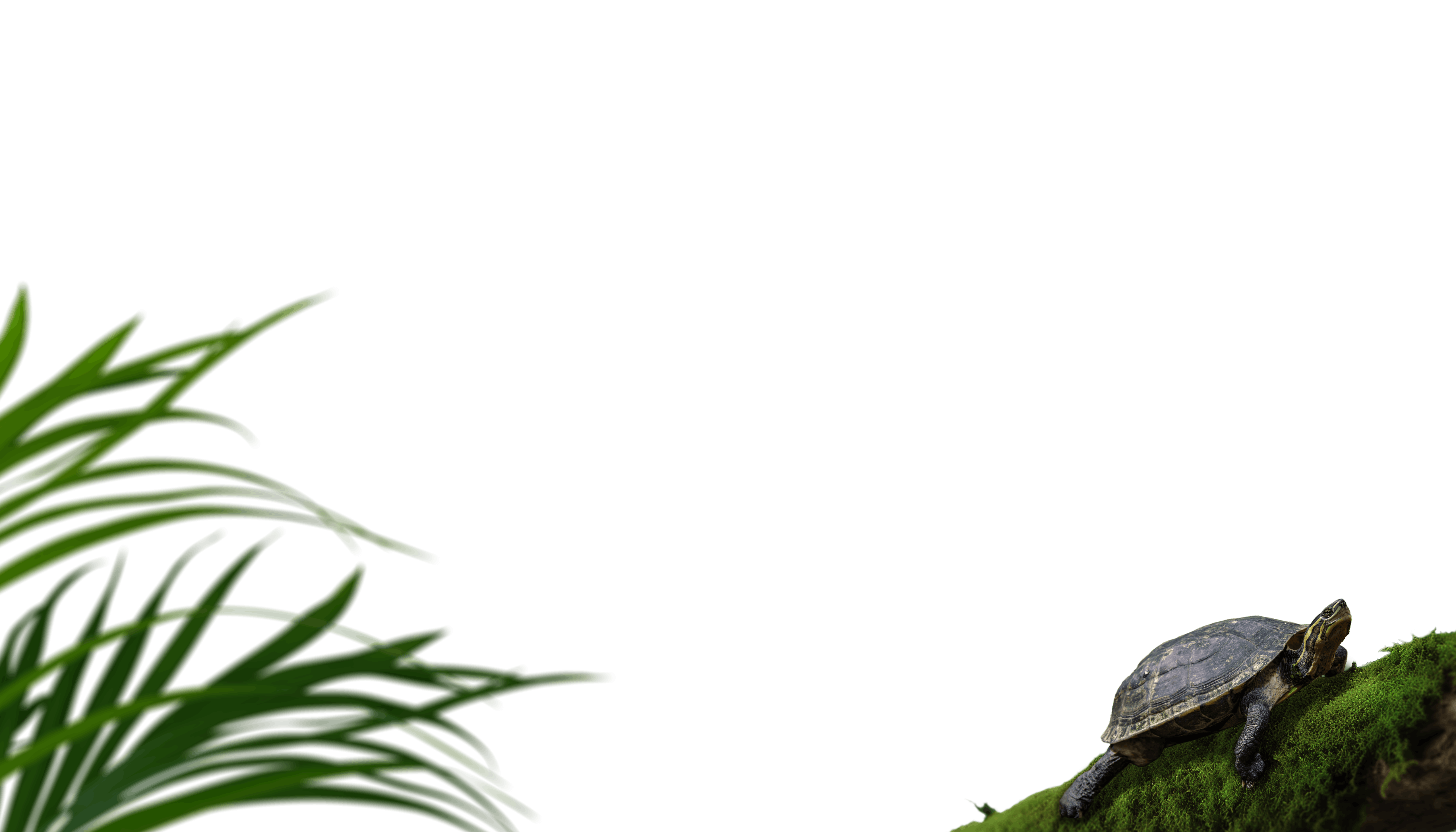
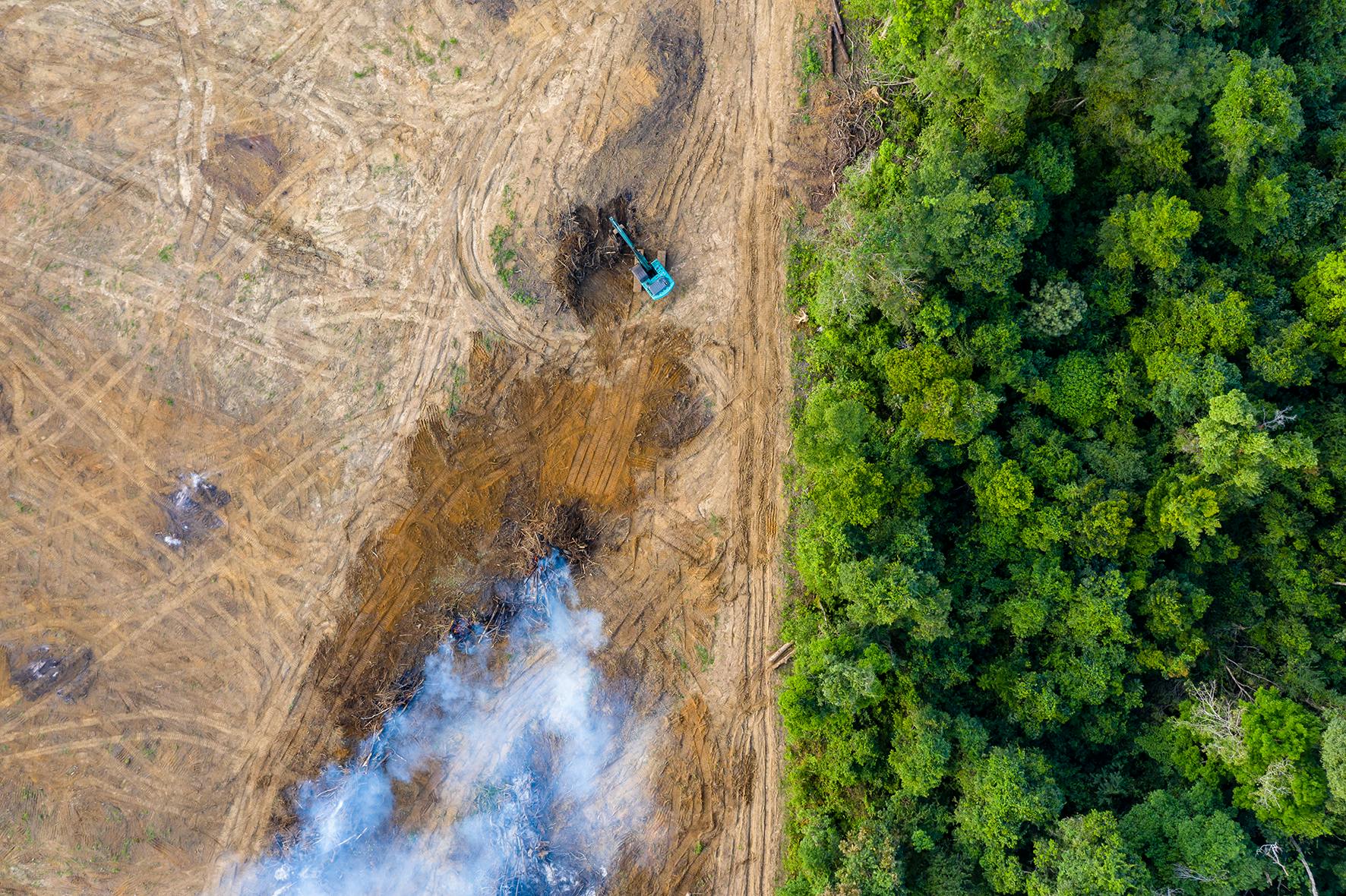
It's a stark reality that the Asian elephant has lost 85% of its original habitat. Currently, the estimated number of wild Asian elephants ranges between 30,000 to 50,000. While this might seem substantial, these populations are highly fragmented. The largest wild population consists of only 8,000 individuals and is found in India. Various factors contribute to this situation, but essentially, all threats are a result of human-wildlife conflict.
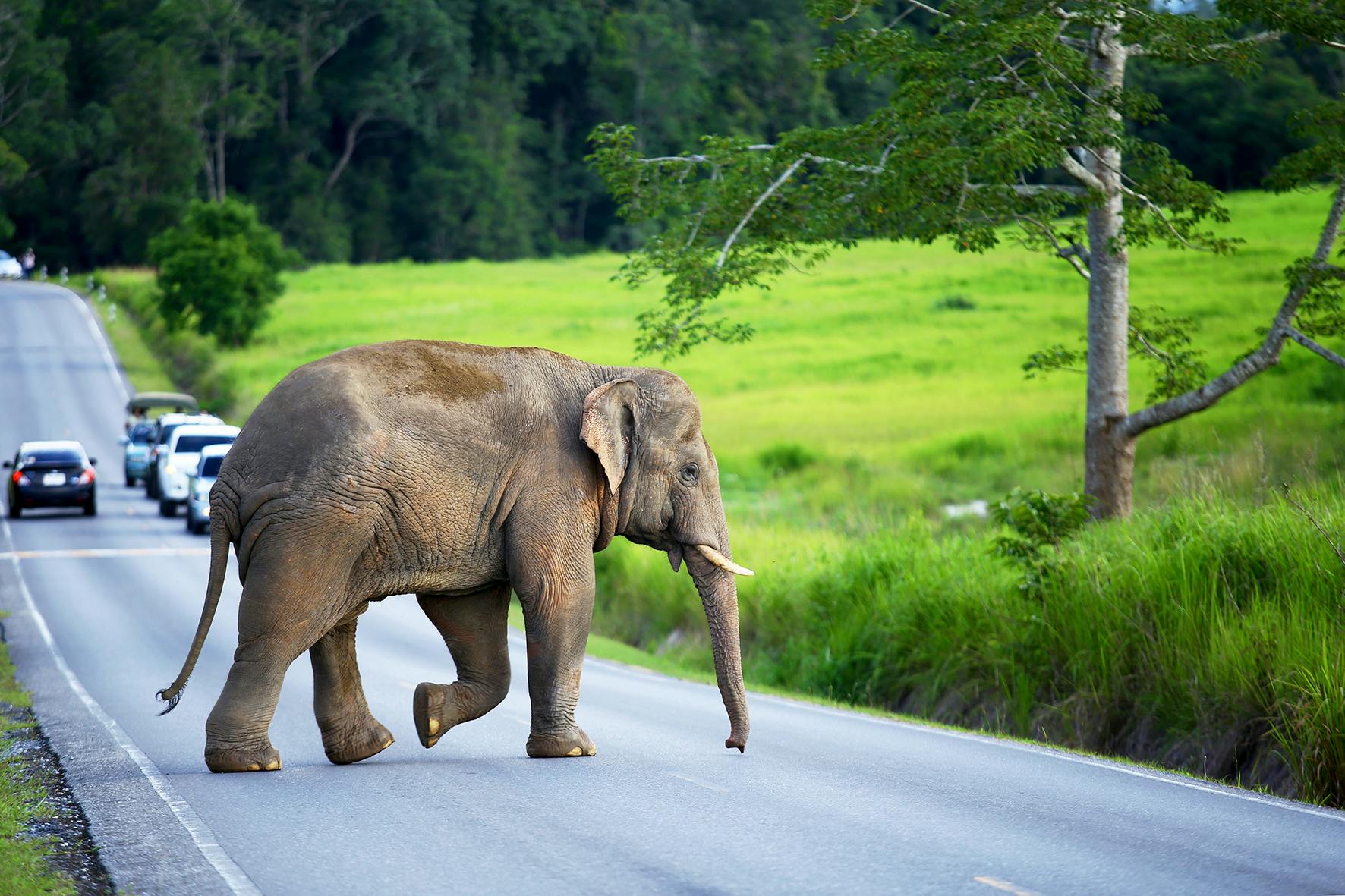
The forested areas in India are steadily shrinking due to the expansion of plantations and increasing agricultural activities. Urbanization is also a growing concern. Elephants and humans are coming into conflict as their habitats increasingly overlap. Different elephant populations are becoming isolated from each other in the wild, leading to negative consequences for genetic diversity and immunity to the deadly herpesvirus.
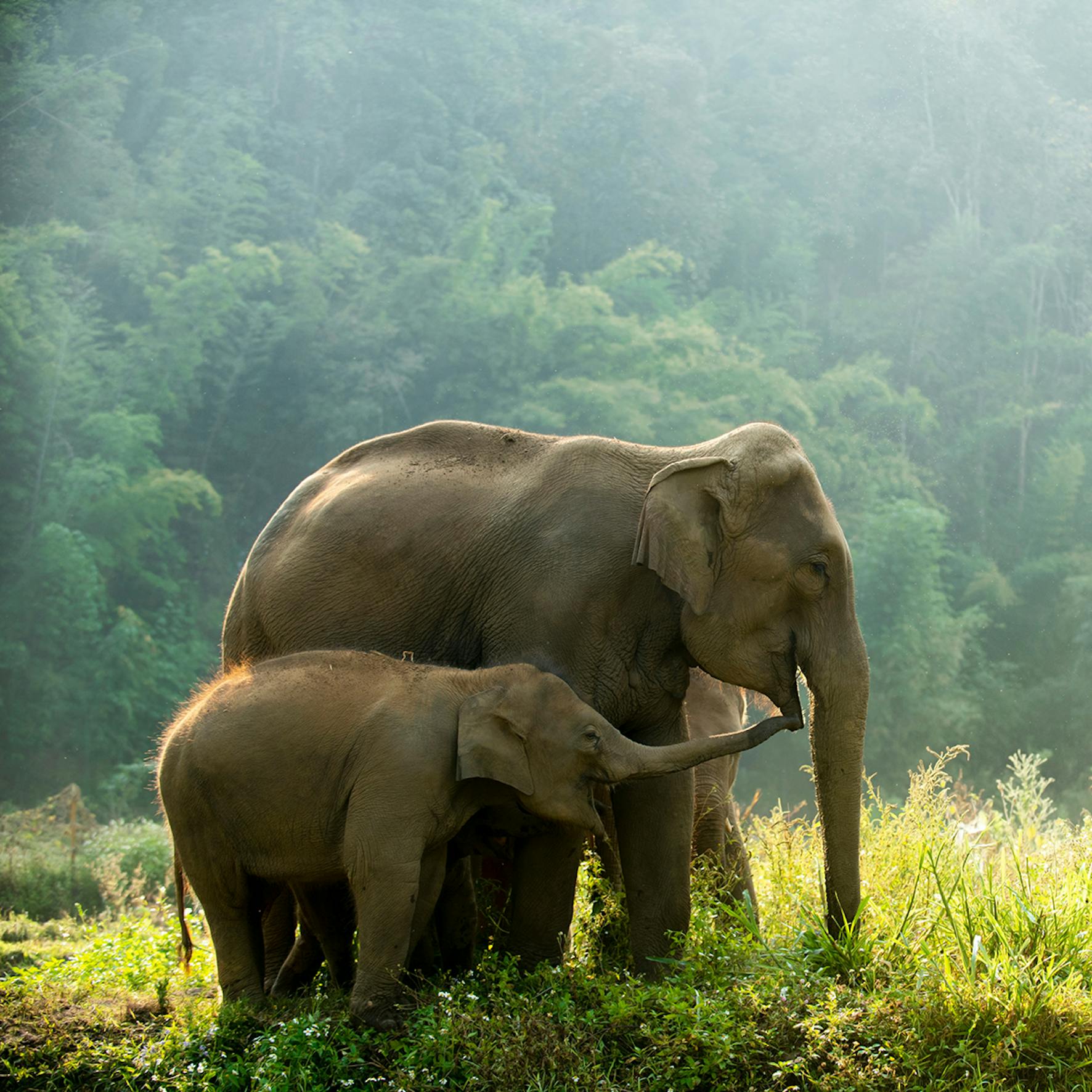
If we can save the Asian elephant, we will also save many more species that depend on the elephant. Elephants are indispensable eco-engineers, often referred to as an umbrella species. Diergaarde Blijdorp has a unique role as the coordinator of the international population management program, contributing to the survival of this iconic species. In collaboration with Wageningen University & Research, we are building one of the largest sets of genetic data for the Asian elephant. This data will be used to develop a genetic tool that allows us to closely monitor wild populations.
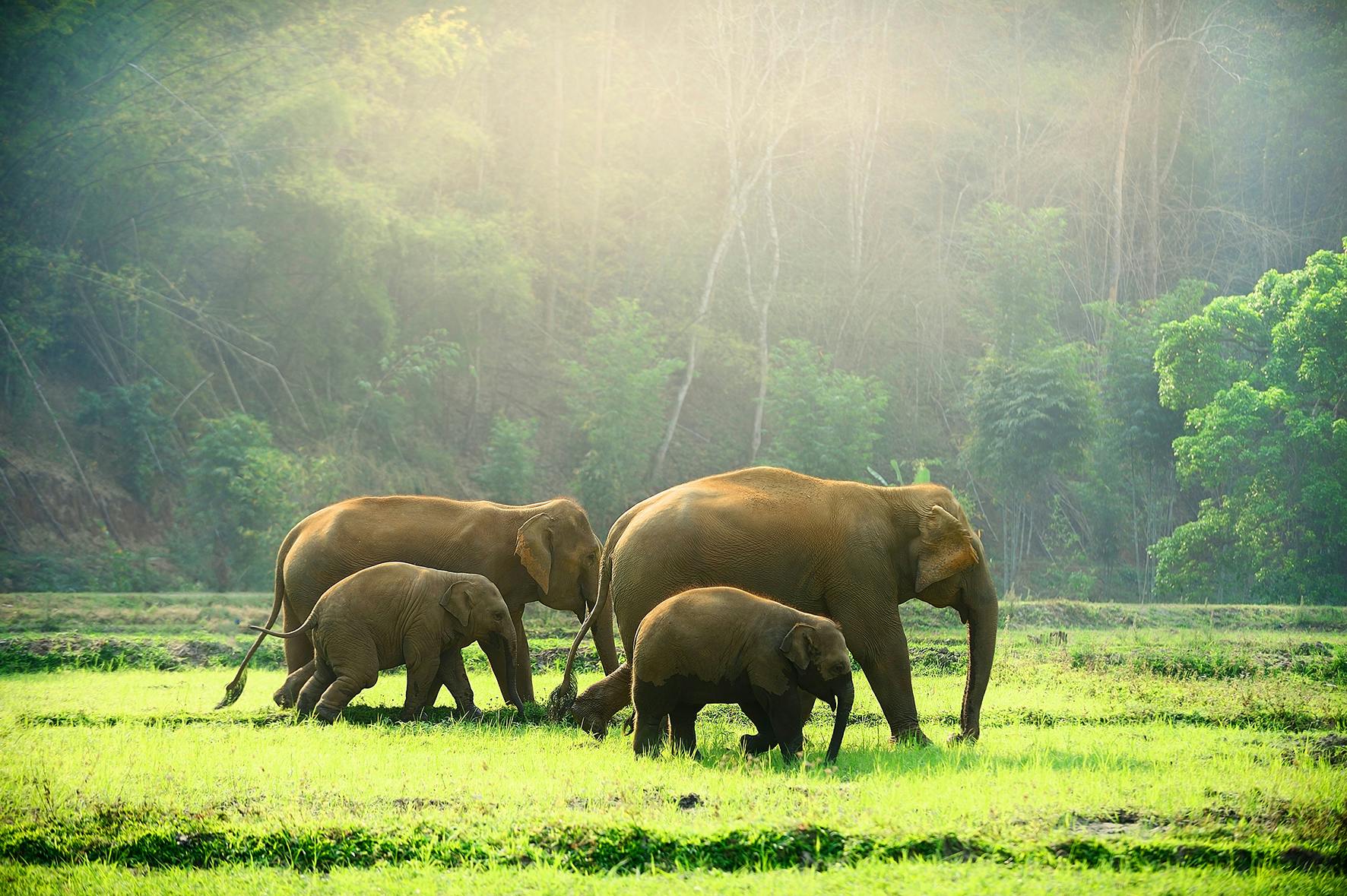
Our focus is on expanding habitat areas. Our goal is to contribute to the realization of ten successful corridors connecting habitats by 2050. To achieve this, we will actively engage in donor recruitment.
Our objective is to reconnect isolated elephant populations with each other. We are not limited to elephants alone but also focus on tigers, lions, and otters. With the genetic tool mentioned earlier, we can assess the success of the constructed corridors. These corridors should also make wild populations more resilient to the deadly herpes virus. In collaboration with the University of Utrecht, we are working on a vaccine for this virus. This vaccine will not only better protect populations in zoos but also potentially safeguard wild populations if the virus poses a threat there as well.
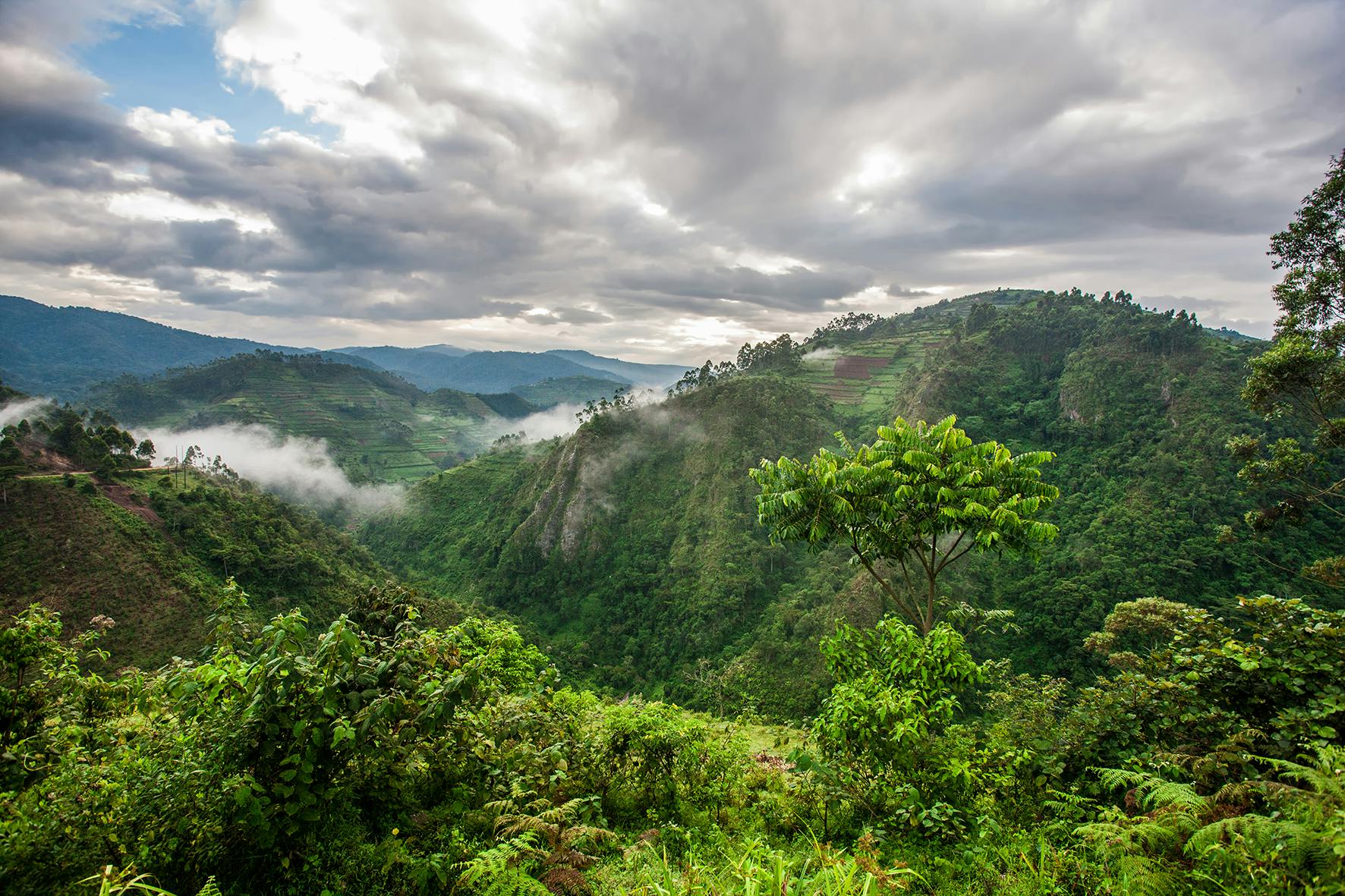
- By 2050, we will have contributed to the creation of ten wildlife corridors.
- We will monitor the success of these corridors using our genetic tool.
- In 2023, 57% of the Netherlands (Motivaction) holds a positive view of the wolf near our habitat. By 2050, we aim to achieve a 90% positive perception of the wolf.
- Each year, 50,000 people participate in debates at our debate center. This helps foster a more positive attitude among people toward wild animals in their vicinity.
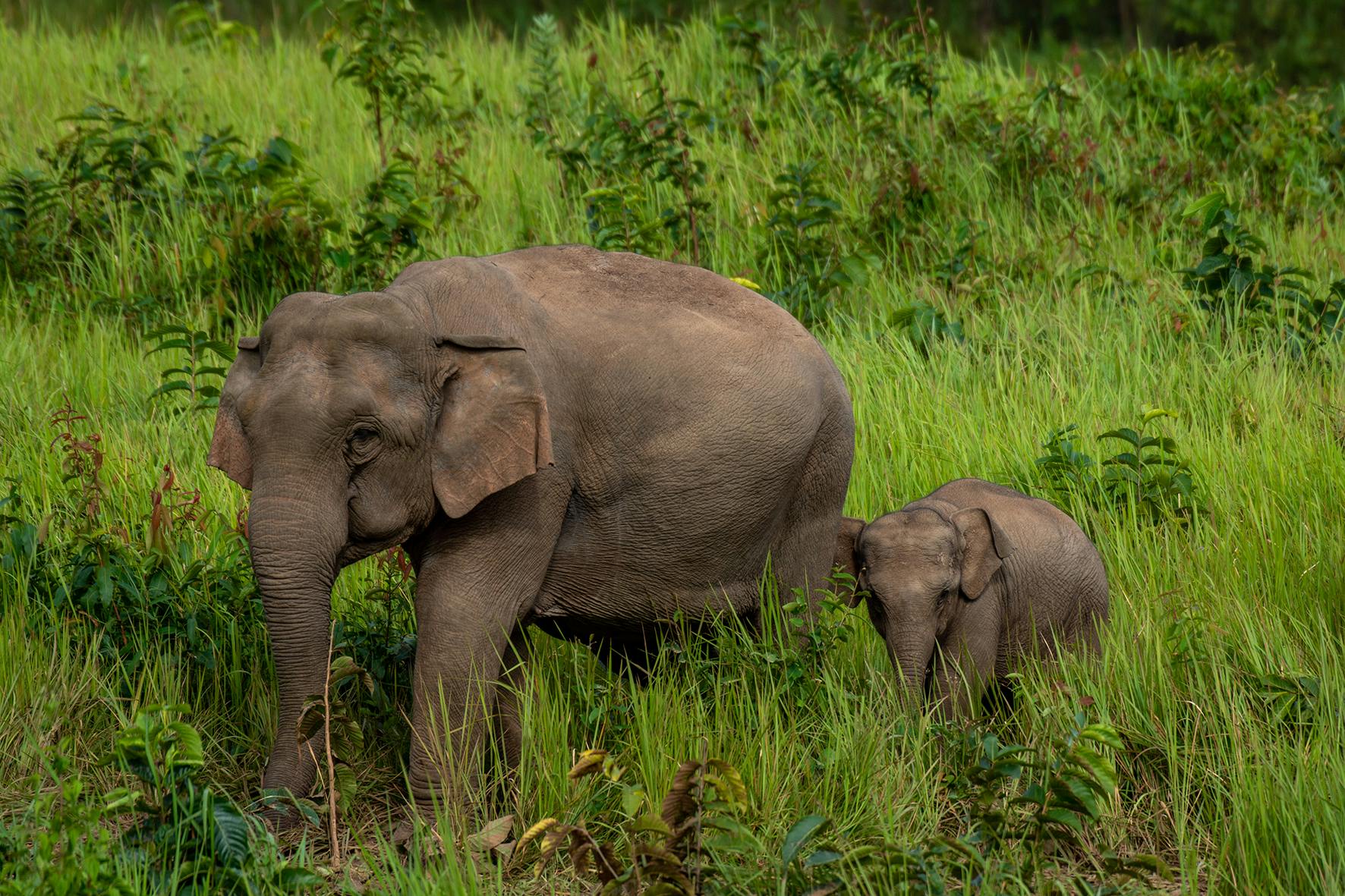
- By 2050, we will have successfully reconnected three distinct isolated elephant populations in the wild in response to fragmented habitats.
- Within five years, we will have developed a genetic tool for field use that allows us to accurately assess the health of wild Asian elephant populations.
